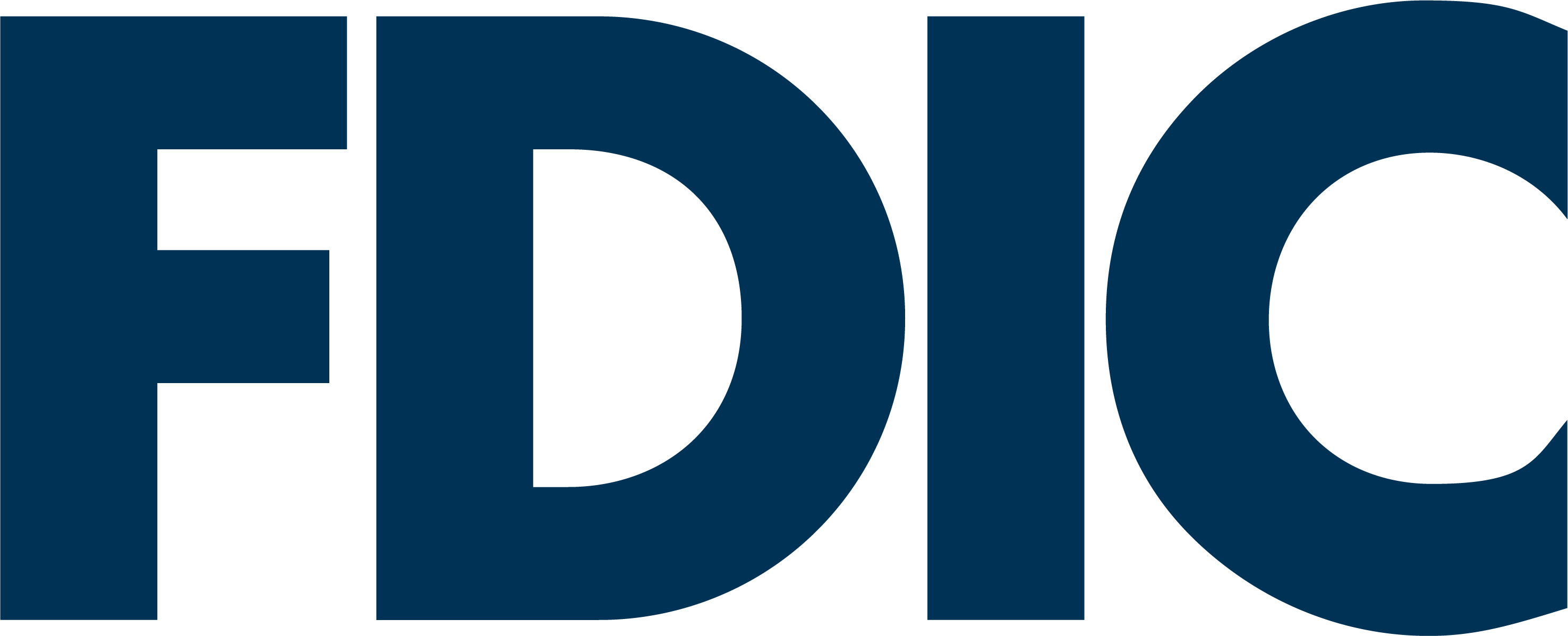Auto Loan Calculator
Frequently Asked Questions
- Taking advantage of lower interest rates
- Extending the loan term to lower monthly payments
- Switching from an adjustable-rate auto loan to a fixed-rate loan for steady monthly payments
- Higher interest rates
- Shorter terms
- Higher monthly payments
Check out this article for more tips: Give Your Credit Score a Boost
Check out this article to learn more: What to Know About Auto Loans.
- The total amount of your auto loan
- How long the loan is (number of years, or term)
- Annual percentage rate (APR), which includes interest and fees
- Your credit score
- Whether you’re buying a new or used car
- The length of your loan
- Increasing your down payment
- Trading in an old car, with its value going toward your down payment
- Improving your credit score to lower your APR
- Driver’s license information
- Pay stubs
- Social Security Number
- The information presented in these calculators is for general and educational purposes only, and is not intended to provide legal, tax, lending or investment advice. Loan scenarios are not an application and not a commitment to lend. This information is meant to serve as estimates and may vary depending on certain conditions and restrictions. Annual Percentage Rates used within this tool are strictly informational and may not be the current advertised rates. Rates provided may be higher or lower and are in no way a binding agreement with United Community Bank.














